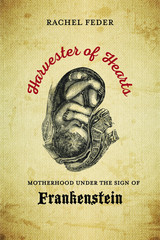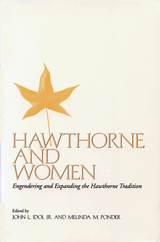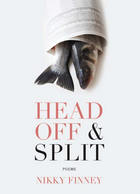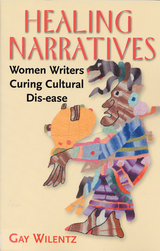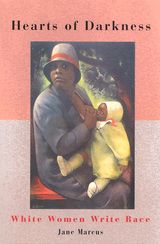American Corruption Talk: A Political Etymology
Temple University Press, 2025
Cloth: 978-1-4399-1688-9 | eISBN: 978-1-4399-1690-2 | Paper: 978-1-4399-1689-6
See other books on: Corruption & Misconduct | Ethics & Moral Philosophy | History & Theory | Philosophy | Political Science
See other titles from Temple University Press
Cloth: 978-1-4399-1688-9 | eISBN: 978-1-4399-1690-2 | Paper: 978-1-4399-1689-6
ABOUT THIS BOOK | AUTHOR BIOGRAPHY
ABOUT THIS BOOK
Americans often worry about political corruption—not only about specific officials misusing their powers, but also more broadly about political, cultural, moral decay or deterioration. Underneath our talk about corruption lie deeper claims and concerns about how we organize our common life. American Corruption Talk presents a study of corruption and corruption talk that seeks to understand those deeper claims and concerns.
Robert Boatright and Molly Brigid McGrath focus on the role corruption talk plays in American political discourse. They distinguish between two ways people speak about corruption—corruption talk in the style of a purifier, who wishes to expunge the evil forces or drain the swamp, and corruption talk in the style of the mender, who thinks of managing, replacing, or repairing.
American Corruption Talk begins by tracing how the concept of political corruption was developed by philosophers and political thinkers, leading up to its use in the American context, especially in the Progressive Era. It also compares modes of contemporary corruption talk in different areas of public life. In doing so, the authors hope to resolve confusion and partisan disagreements about what corruption is and to discourage the tendency to label actions, events, and ideas that we merely disagree with as corrupt.
Robert Boatright and Molly Brigid McGrath focus on the role corruption talk plays in American political discourse. They distinguish between two ways people speak about corruption—corruption talk in the style of a purifier, who wishes to expunge the evil forces or drain the swamp, and corruption talk in the style of the mender, who thinks of managing, replacing, or repairing.
American Corruption Talk begins by tracing how the concept of political corruption was developed by philosophers and political thinkers, leading up to its use in the American context, especially in the Progressive Era. It also compares modes of contemporary corruption talk in different areas of public life. In doing so, the authors hope to resolve confusion and partisan disagreements about what corruption is and to discourage the tendency to label actions, events, and ideas that we merely disagree with as corrupt.
See other books on: Corruption & Misconduct | Ethics & Moral Philosophy | History & Theory | Philosophy | Political Science
See other titles from Temple University Press

